By Swill Mavua.
Goodluck Ebele Jonathan, the 14th President of Nigeria, served from 2010 to 2015. After leaving office, he has remained a significant figure in Nigerian politics. This essay will explore his post-presidency life, activities, and impact on the country, while also examining the criticisms of his presidency.
Before diving into his post-presidency, it’s essential to understand Jonathan’s background. Born on November 20, 1957, in Otueke, Bayelsa State, Jonathan rose through the ranks of Nigerian politics, becoming Governor of Bayelsa State in 2005 and later Vice President in 2007. He assumed the presidency in 2010 after President Umaru Musa Yar’Adua’s passing.
Jonathan’s five years presidency was credited for bringing Nigeria economy to the very top as Africa’s largest beating South Africa. In spite of that his reign was marked by several challenges and criticisms:
- Weak Leadership: Critics argue that Jonathan’s leadership style was perceived as weak, particularly in handling security challenges like Boko Haram and some critics even tagged him as clueless.
- Corruption: His administration was criticized for alleged corruption, which some argue undermined the government’s effectiveness.
- Economic Challenges: Nigeria faced economic challenges during his presidency, including a recession and declining oil prices.
But post Jonathan’s presidency, Nigeria has, obviously, witnessed worse leadership. His successor, Muhammadu Buhari, was far worse than clueless in handling the economy and security challenges, while the current president, Bola Tinubu’s reign is seen as a disaster that has pushed Nigerians down the poverty line, and insecurity now at a crisis level.
After losing the 2015 presidential election to Muhammadu Buhari, Jonathan graciously conceded defeat and peacefully transferred power. This act demonstrated his commitment to Nigeria’s democratic stability. Post-presidency, Jonathan has maintained a relatively low profile, focusing on philanthropic and diplomatic activities.
He has dedicated himself to various philanthropic initiatives, including Goodluck Jonathan Foundation – established to promote education, healthcare, and economic empowerment; and African Democratic Institute – which aims to strengthen democratic institutions and promote good governance across the continent.
As a former Head of State, Jonathan has continued to play a role in international diplomacy, among which are Economic Community of West African States (ECOWAS) – where he has served as ECOWAS mediator in various regional conflicts; and International Peacekeeping – in which he participated in international peacekeeping efforts, leveraging his experience to promote peace and stability.
Despite the criticisms, Jonathan’s influence on Nigerian politics remains significant
- PDP Leadership: As a member of the Peoples Democratic Party (PDP), Jonathan has continued to shape the party’s direction and policies.
- National Reconciliation: His post-presidency efforts have focused on promoting national reconciliation and stability.
Assessing Jonathan’s legacy is complex, with both achievements and challenges during his presidency
- Economic Reforms: Implemented various economic reforms, including the transformation of the power sector.
- Security Challenges: Faced significant security challenges, including the Boko Haram insurgency, which some argue he struggled to effectively address.
Goodluck Jonathan’s post-presidency life has been marked by philanthropic work, diplomatic engagements, and continued influence on Nigerian politics. While his presidency was criticized for various reasons, his commitment to democracy and national stability is undeniable. As Nigeria continues to navigate its complex political landscape, Jonathan’s experience and insights remain valuable assets.


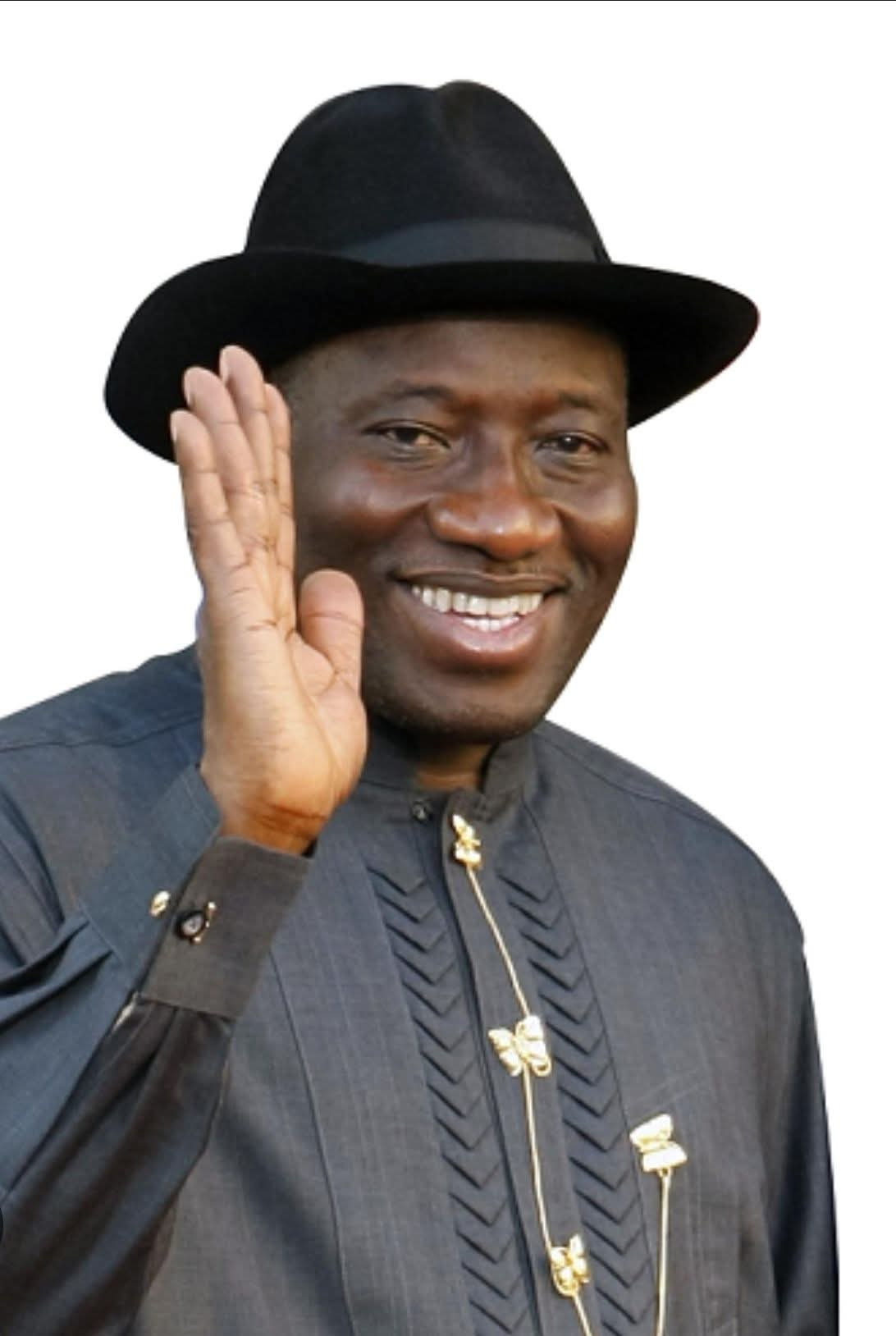


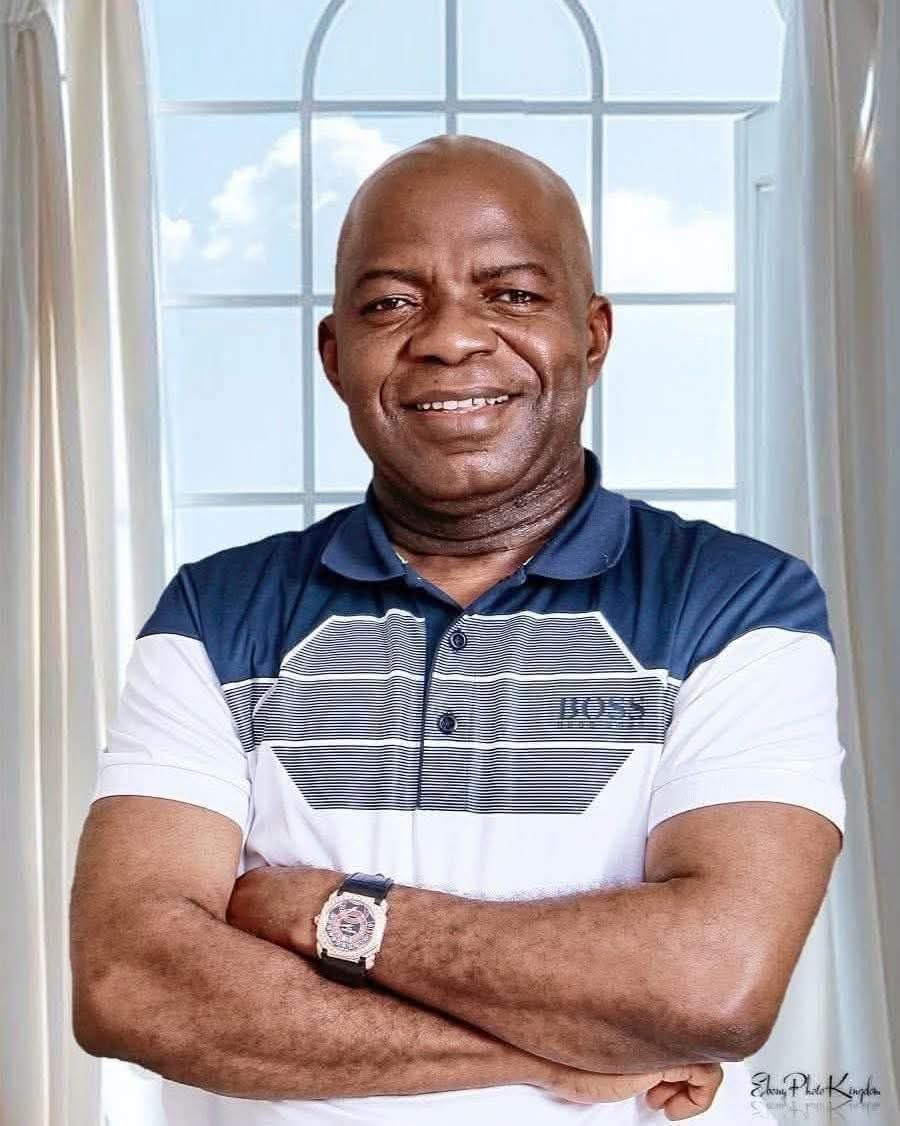
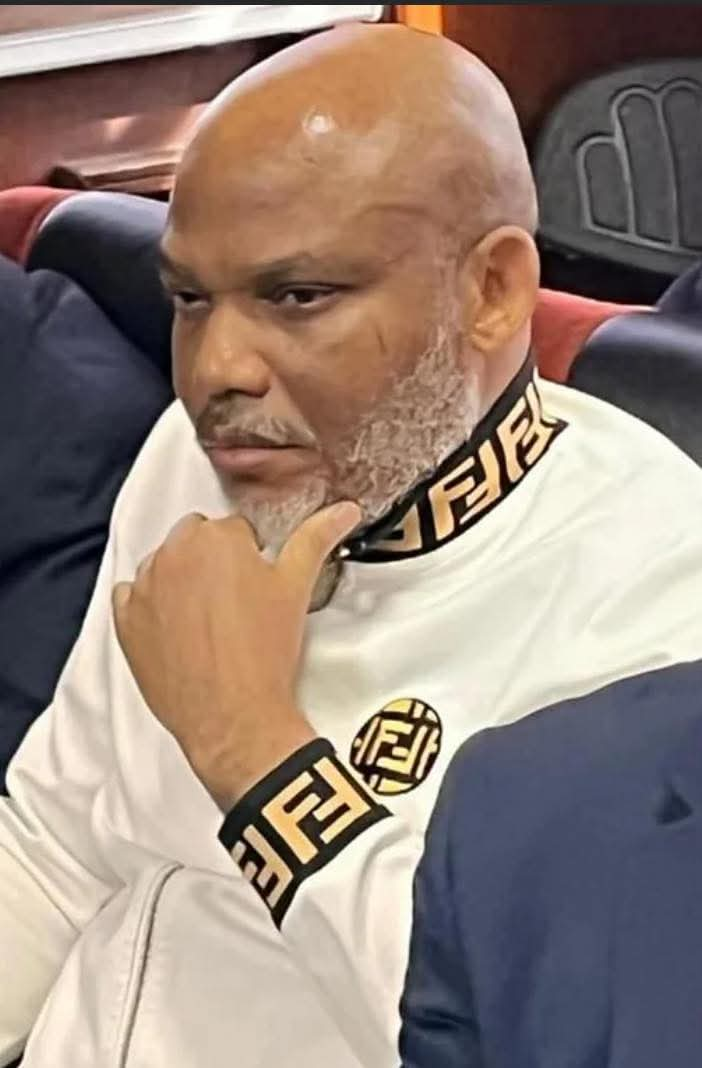

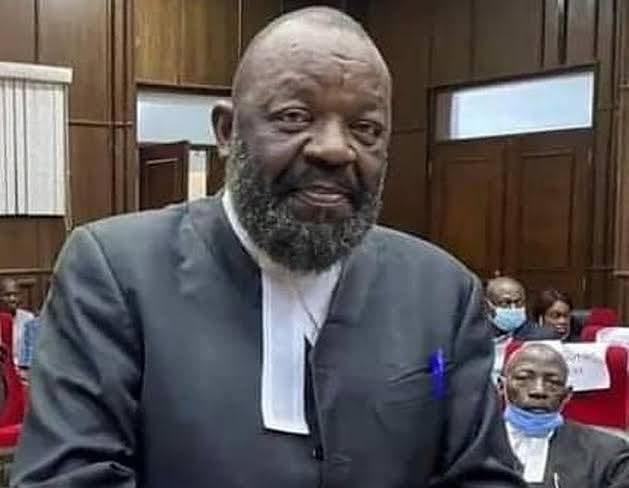







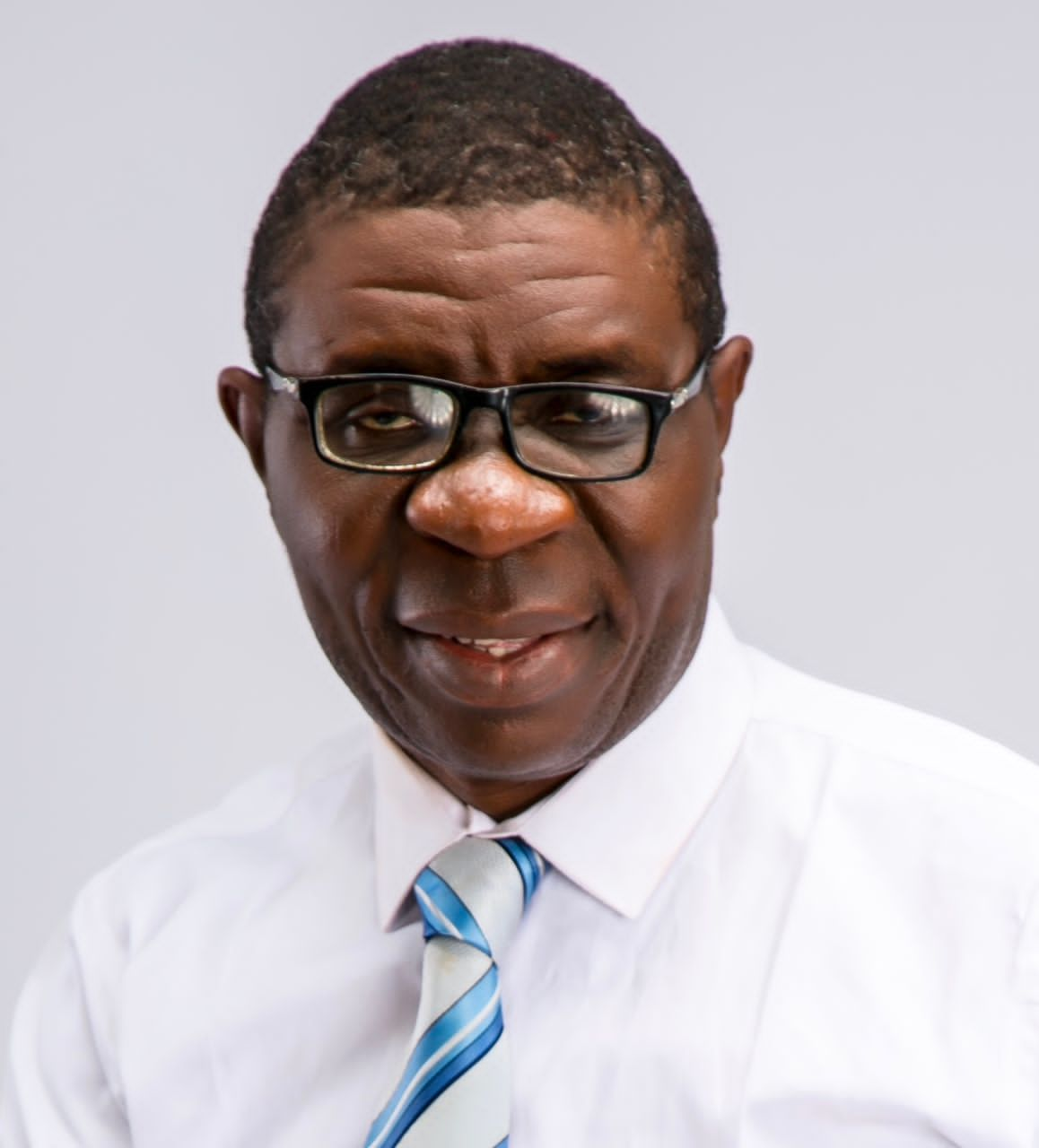
Leave a Reply